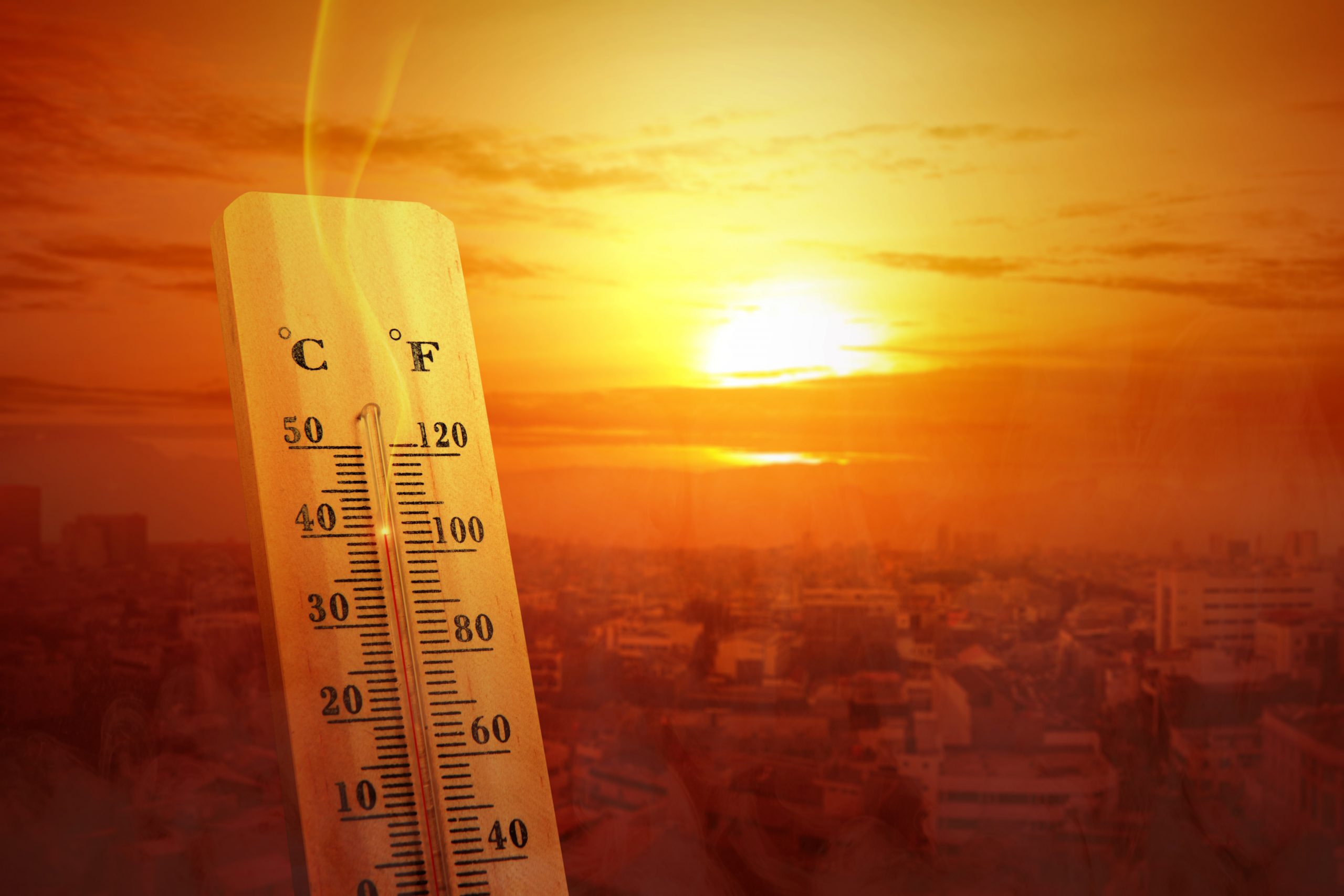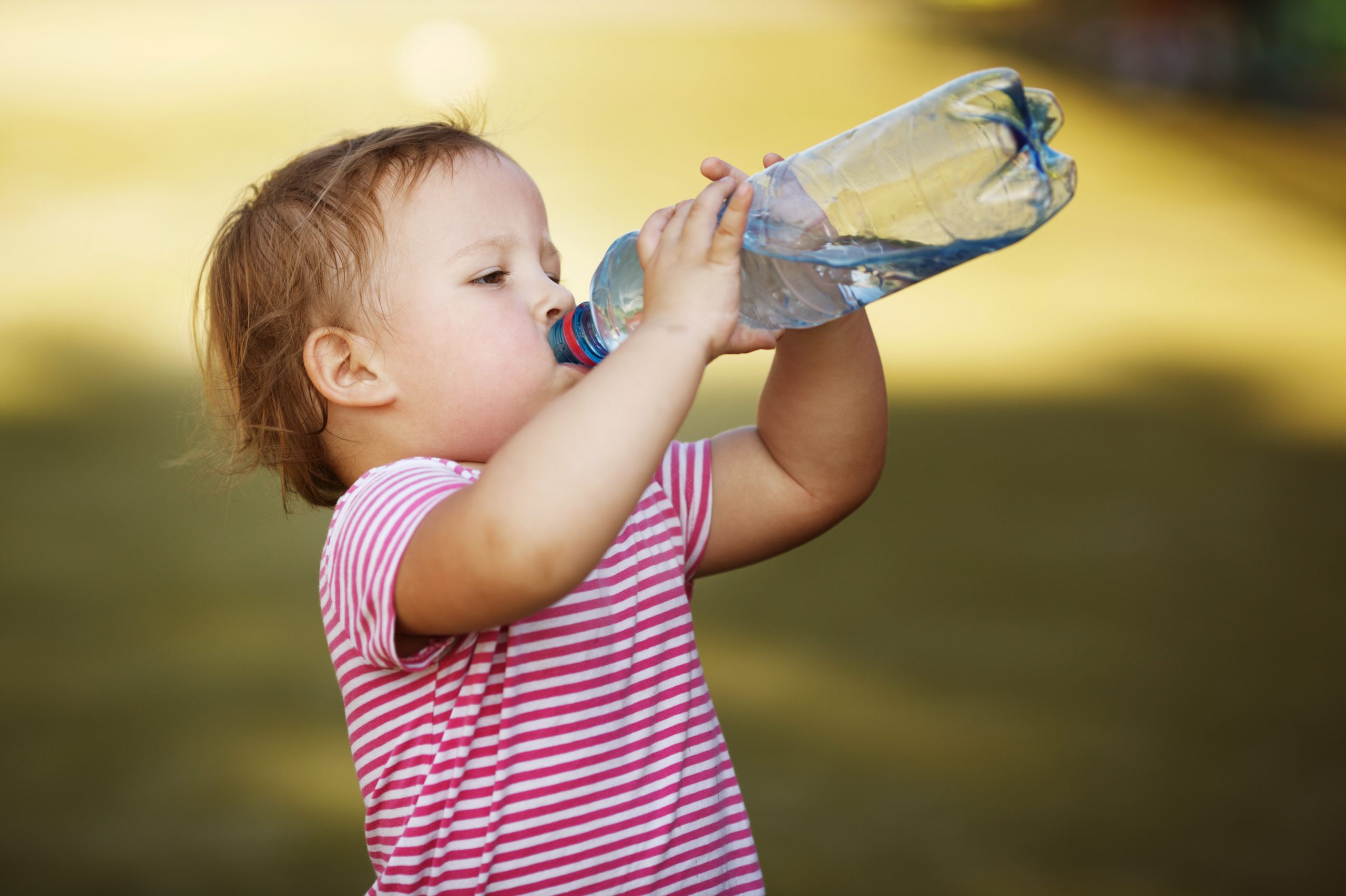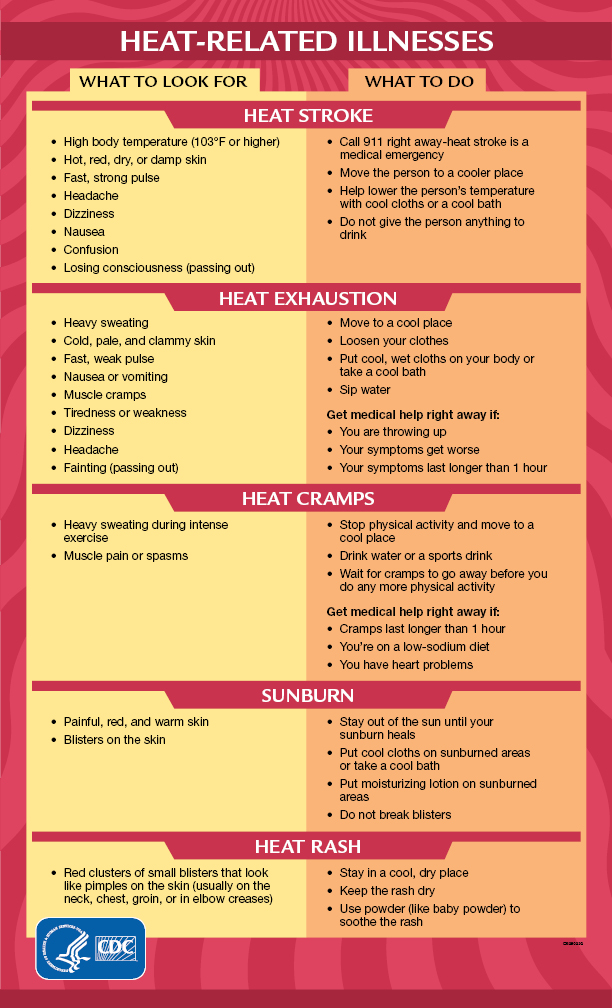
As the dog days of summer continue throughout much of the country, with many regions experiencing record or near record heat, it is easy to forget about the dangers that excessive heat can have on the body. I recently had an experience that brought this to light that stresses the importance of being aware of the heat and keeping yourself hydrated and cool. I noted the excessive heat warning for our area was expected to reach over 112 in our area for the entire week.
We have a golden retriever who needs his daily exercise, which includes several visits to the local dog park each week. Since it was going to be too hot to go at our usual time(1pm) I took him early- 8 am and stayed until 9:30 am. He played in the shallow pool they provide at the park while I sat in the shade under a bench. Before we left, I decided to talk a walk around the perimeter of the park, a hilly 5-acre plot of land. This is something I usually do when we visit the park. By then the temperature had reached 95 degrees, I felt hot and could tell the heat was affecting me. We loaded up in the hot car and drove home.
The rest of the day I felt slightly nauseated, dizzy and had a throbbing headache. Later that day I went out to dinner with my husband. As we were waiting for our food I drank a large glass of iced water, then another. Then 2 glasses of iced tea. By the time our food arrived my nausea and headache had disappeared. I felt better the rest of the evening. I had experienced mild heat exhaustion and slight dehydration and hadn’t realized it.
Most people think of heat related illnesses in the most susceptible group, infants and elderly. These two groups can have undeveloped or an impaired ability to thermoregulate in extreme temperatures. Which can make the susceptible.

However, there are other factors that can make one susceptible to heat related illnesses.
1. Not being acclimated to the Heat
Air conditioning is a luxury that our ancestors didn’t have. Going from very cool temperatures to the outdoors where the temperatures are reaching triple digits can throw off our body’s thermal regulation.
2. Medications
Especially diuretics, which are designed to remove fluid from the body, can set one up for dehydration and subsequent heat exhaustion in a hurry. Other medications that can cause dehydration and subsequent heat exhaustion are antihistamines, beta blockers, antipsychotics, and tranquilizers. There are some drugs that can increase your body temperature such as Adderall and Ritalin. Illegal stimulants which include cocaine, ecstasy and methamphetamine are among the most common drugs that can raise your body core temperature.
3. A High Heat Index
The heat index is a single temperature value that considers how both the outdoor temperature and humidity make you feel. When the humidity is high, your sweat can’t evaporate as easily and your body has more difficulty cooling itself, making you prone to heat exhaustion and heatstroke. When the heat index is 91 F (33 C) or higher, you should take precautions to keep cool.
4. Obesity
Body fat acts like an insulator, somewhat akin to wearing a large coat in the heat.
5. Caffeine Consumption
Caffeine is a mild diuretic and can set you up for heat related problems.
6. High Humidity
Your body has difficulty cooling itself when the humidity is high since sweat isn’t able evaporate and cool your body.
The CDC has an excellent graphic of heat related illnesses- and what to do if you are experiencing symptoms:

Take precautions
Heat exhaustion can easily turn into heat stroke and become a medical emergency if steps aren’t taken to relieve symptoms and to move to a cooler climate. Heat stroke is a life-threatening emergency and immediate medical attention is essential. (see above graphic for symptoms)
Taking a few precautions can alleviate either of these heat related illnesses
- Check with your local weather forecast where you will be spending time outside. Try to avoid being out in the heat of the day if possible.
- Remember to pack water and sun protective hat if you plan on being outside during the heat of the day- usually between 10am -2pm. However, when an extreme heat advisory is issued, check the hourly temperature and humidity index.
- Plan exercise during the coolest parts of the day and ace yourself.
- Protect against sunburn- Sunscreen and protective, lightweight clothing, and avoiding the sun-Sunburn affects the body’s ability to cool itself.
- Check your medications- there are many medications that can raise your body temperature or can make you heat/sun sensitive
- Never leave anyone in a parked car, especially children and pets. Last year 23 children died in hot cars, Parked cars have been demonstrated to heat from 80 degrees to 123 degrees in 60 minutes.( in just 2 minutes the temperature went from 80 degrees to 94 degrees)
- Choose lightweight, breathable clothing to wear in the heat
- If you or anyone you are with starts showing signs of heat related illnesses get yourself or them into a cool building and treat appropriately or seek medical attention.
Lifesaving Medications
Recent Posts
Keeping you informed and safe.
FAQ: Our most commonly asked questions about Jase
If you’re considering Jase, chances are you’ve paused and thought, “This makes sense, but I still have a few questions.”You’re not alone. Here are the most common ones we hear, answered plainly. Is this really doctor-prescribed? Yes. Every Jase order is reviewed by a...
Medical Readiness: What Really Kills First
When Disaster Strikes, It’s Not Hunger or Thirst That Takes the First Lives In every disaster zone, from hurricanes in the Caribbean to war zones in Ukraine, the pattern is the same. People worry about food and water, but it’s infection that kills first. A small wound...
Exploring Dr. William Makis’ Hybrid Orthomolecular Cancer Protocol: Focus on Ivermectin and Mebendazole/Fenbendazole
Exploring Dr. William Makis’ Hybrid Orthomolecular Cancer Protocol: Focus on Ivermectin and Mebendazole/Fenbendazole *Disclaimer: This article is for educational purposes and does not constitute medical advice. Always seek professional guidance.* In the evolving...



